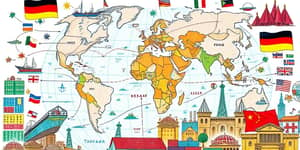In today’s interconnected world, the concept of globalization has become a cornerstone of economic discourse. With discussions ranging from trade agreements to cultural exchanges, the significance of globalization in shaping economies cannot be overstated. But as we move deeper into the 21st century, it raises an important question: Is globalization still the future of the economy?
This blog post seeks to explore the various dimensions of globalization, its benefits, challenges, and how sentiments around it are evolving in the wake of significant global events.
As we examine these aspects, we will also consider the role technology plays and the impact of the COVID-19 pandemic on globalization itself.
Ultimately, this analysis aims to provide a comprehensive perspective on whether globalization will continue to drive economic prosperity or if we are witnessing the dawn of a more localized economic landscape.
Understanding Globalization
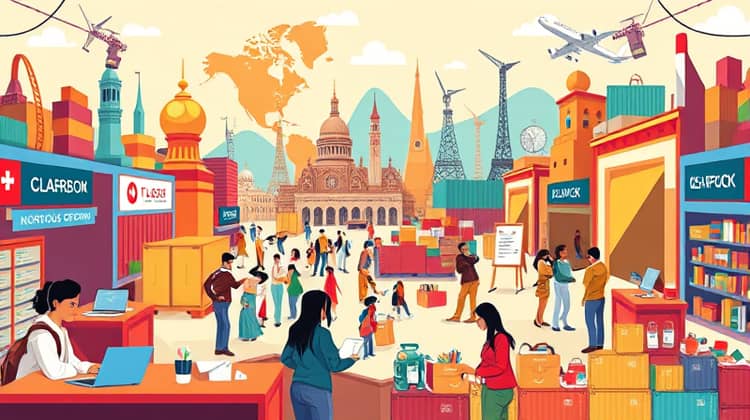
Globalization refers to the process by which businesses, cultures, and economies become interconnected through trade, investment, and technology. It encompasses the broad stretching of markets beyond local or national boundaries, allowing for goods, services, and ideas to flow more freely across borders.
Historically, globalization has been driven by advancements in technology and communication, which have significantly reduced the barriers to international trade.
The rise of the internet, for example, has transformed how businesses engage with consumers worldwide, creating opportunities for growth in a global marketplace.
However, globalization is not just an economic phenomenon; it also involves cultural exchanges that influence and shape societies worldwide. This interconnectedness has often led to a blending of cultures, lifestyles, and practices, leading some to celebrate the diversity it brings while others express concern over the erasure of local identities.
- Definition of globalization
- Factors driving globalization
- Cultural and economic interconnectedness
The Benefits of Globalization
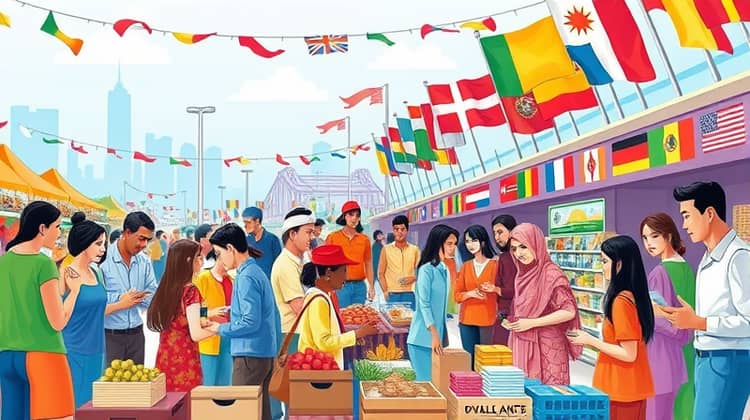
Globalization is often heralded for its contribution to economic growth and development. By providing access to larger markets, countries can benefit from increased trade, leading to improved economic performance and job creation. Businesses can expand globally, accessing resources and consumers far beyond their domestic markets, which can drive innovation and efficiency.
Moreover, globalization fosters competition, encouraging companies to innovate and improve their products and services. This competition can lead to better consumer choices, reduced prices, and overall improvements in quality of life.
Additionally, globalization facilitates knowledge transfer, allowing best practices and technological advancements to spread across borders, enhancing productivity.
Lastly, globalization can also contribute to poverty alleviation. By engaging in global trade, developing countries can stimulate their economies, attract foreign investment, and ultimately improve living standards for their populations. Through globalization, individuals in poorer nations can gain access to markets that previously seemed inaccessible.
The Challenges and Criticisms
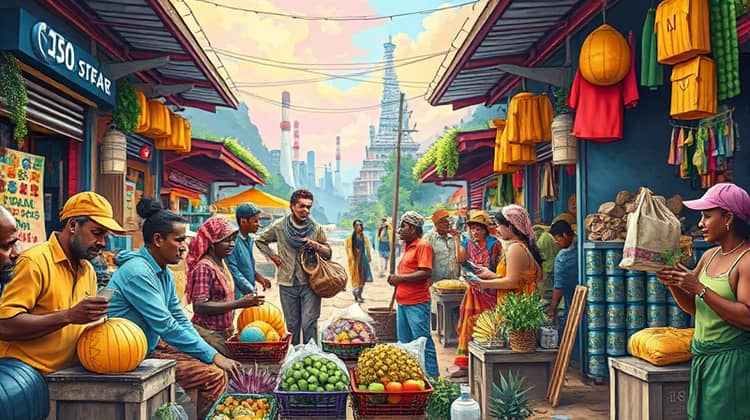
Despite its many advantages, globalization is met with significant challenges and criticisms. One major concern is the potential for job displacement.
As companies move operations to countries with cheaper labor, workers in high-wage nations may find themselves out of work, leading to economic insecurity and social unrest.
Another challenge is the widening inequality gap. While globalization has generated wealth, it has often benefited the rich more than the poor, leading to increased disparities within and between countries. This trend can exacerbate social tensions and result in public backlash against globalization itself.
Additionally, concerns regarding environmental degradation have arisen. Increased production and transportation associated with globalization often lead to higher carbon emissions and resource depletion. Critics argue that without stringent regulations, globalization could pose significant risks to the planet's health.
- Job displacement and economic insecurity
- Widening income inequality
- Environmental sustainability concerns
The Rise of Anti-Globalization Sentiments

In recent years, a palpable rise in anti-globalization sentiments has emerged, reflecting growing frustration over the perceived shortcomings of globalization.
Movements advocating for more localized economies have gained traction as people begin to voice their dissatisfaction with the negative impacts of globalization on their communities and livelihoods.
This shift is noticeable in political landscapes worldwide, where populist leaders are capitalizing on the discontent of those who feel left behind by globalization's promises.
Notably, these sentiments have led to Brexit in the UK and similar movements in other countries, stressing a desire to regain control over borders and economic policies.
Moreover, the COVID-19 pandemic has intensified these feelings, highlighting vulnerabilities in global supply chains and prompting many to rethink the benefits of an interconnected world. As nations grappled with shortages and disruptions, calls for local sourcing and national self-sufficiency have grown more pronounced.
- Increased populism and localism
- The impact of Brexit and similar movements
- Rethinking global supply chains post-pandemic
The Impact of Technology
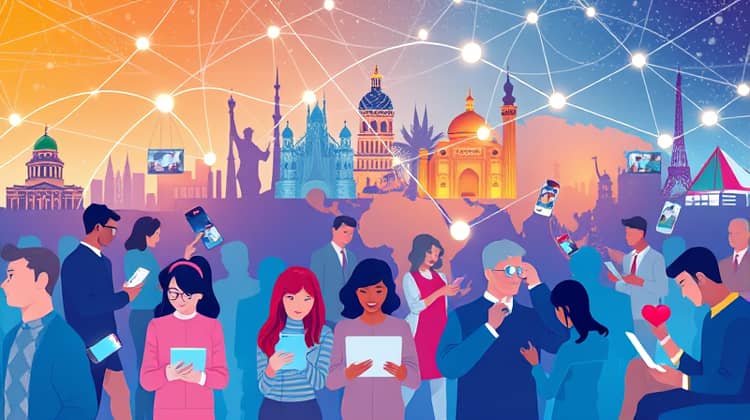
Technology has played a pivotal role in globalization, acting as both a catalyst for and a reflection of its evolution. The rise of digital technologies, including the internet, social media, and e-commerce platforms, has significantly transformed how businesses operate and how consumers interact across borders.
Today, technology enables instant communication and transactions that were unimaginable just a few decades ago. Companies can market their products globally, engage with consumers in real-time, and manage operations across multiple continents with relative ease. This digital connectivity continues to break down geographical barriers.
However, the rapid technological advancement also poses challenges, as disparities in technology access can exacerbate inequality.
While some regions are reaping the benefits, others may lack the infrastructure needed to participate fully in the global economy, resulting in a digital divide.
The COVID-19 Pandemic and Globalization
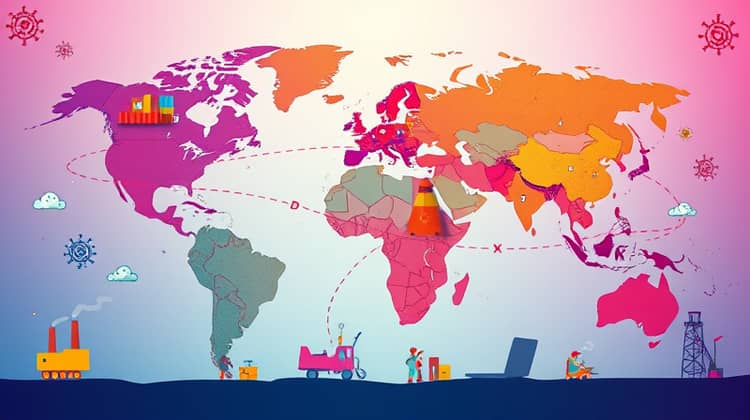
The COVID-19 pandemic has had a profound impact on globalization, exposing weaknesses in the system and prompting nations to rethink their dependence on global trade and supply chains.
Lockdowns and restrictions led to significant disruptions in the movement of goods and people, highlighting vulnerabilities in reliance on distant markets.
As countries struggled to secure essential supplies such as medical equipment, there was an increased push towards local manufacturing and sourcing.
This introspective approach may lead to a gradual shift away from excessive globalization towards more localized economic practices and self-sufficiency.
Furthermore, the pandemic has accelerated trends towards remote work and digital operations, suggesting a future where globalization may exist alongside a more fragmented approach to international trade and cooperation.
The Future of Globalization
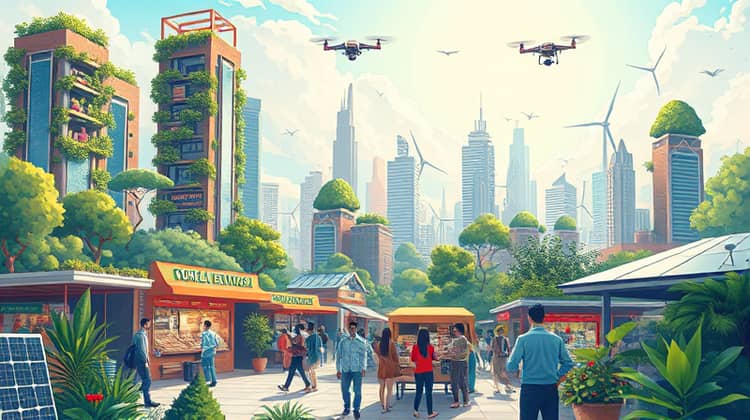
Looking ahead, the future of globalization remains uncertain, shaped by a myriad of factors including political, economic, and social developments.
While it may not diminish entirely, it is likely to undergo significant transformations as stakeholders prioritize resilience, sustainability, and equity in global interactions.
As businesses and governments begin to redefine their approaches to globalization, we may see a hybrid model emerge – one that balances the efficiencies of global trade with the demands for local economies and sustainability.
- Emerging hybrid models of globalization
- Focus on sustainability and local resilience
Conclusion
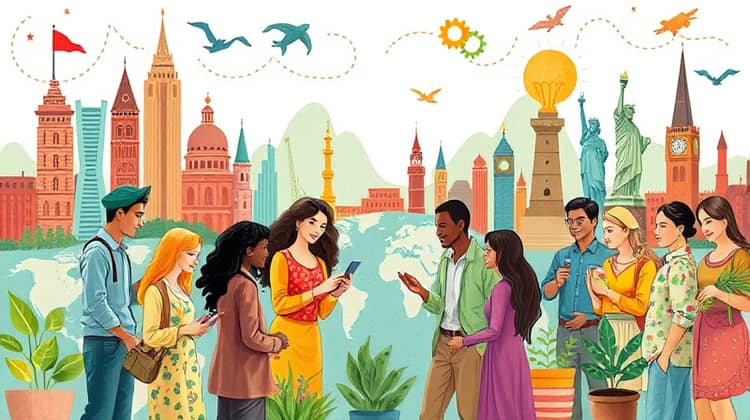
In conclusion, globalization continues to be a crucial element of the modern economy, yet it faces numerous challenges and criticisms. As sentiments towards globalization shift in response to economic realities and global events, the future may not resemble the past.
The evolution of globalization will likely center on finding a balanced approach that accommodates both local needs and global opportunities.
Ultimately, as nations navigate the complexities of economic interdependence, the discussions surrounding globalization must lead to more inclusive and sustainable practices. The path forward will require collaboration and dialogue to foster a global economy that benefits all, rather than just a select few.



